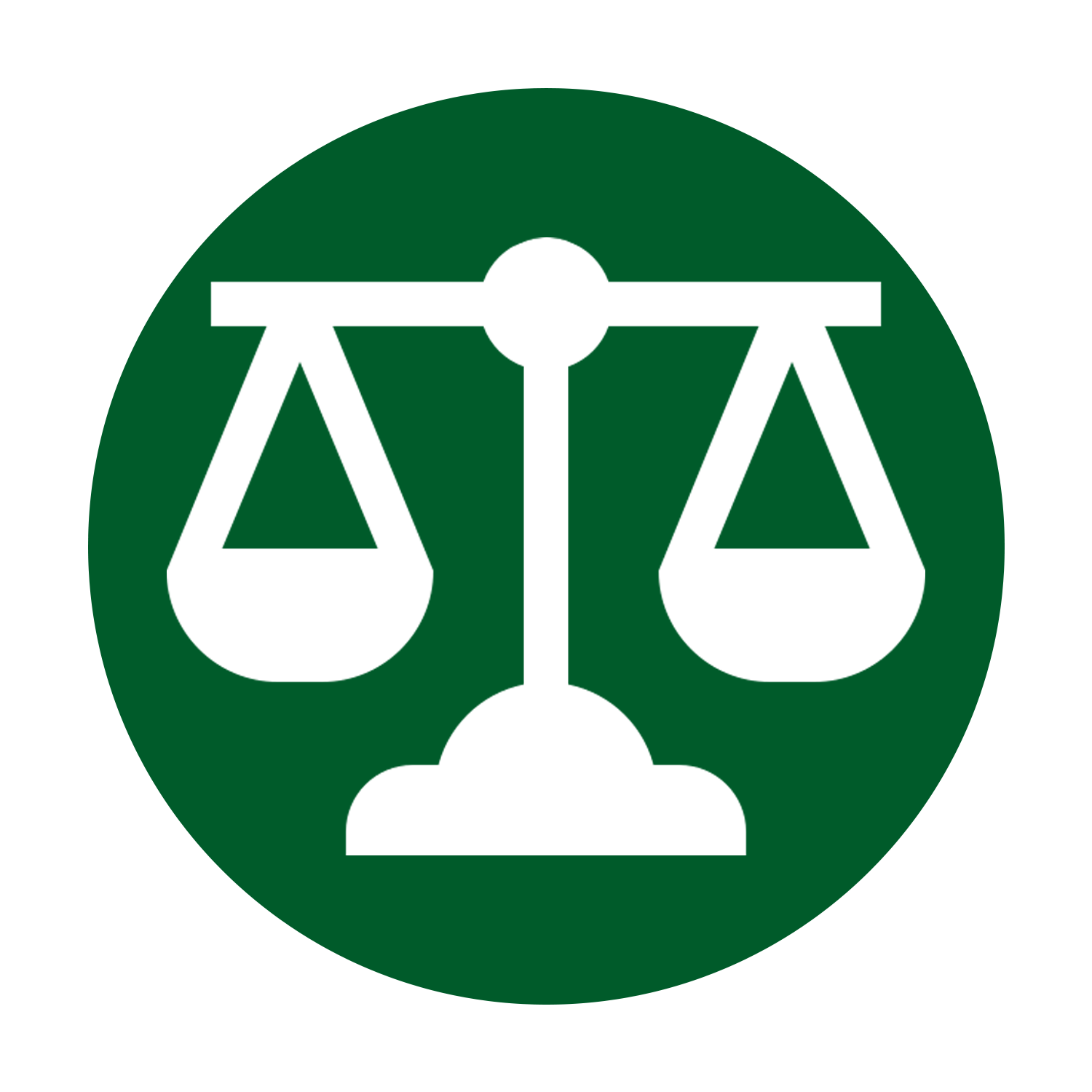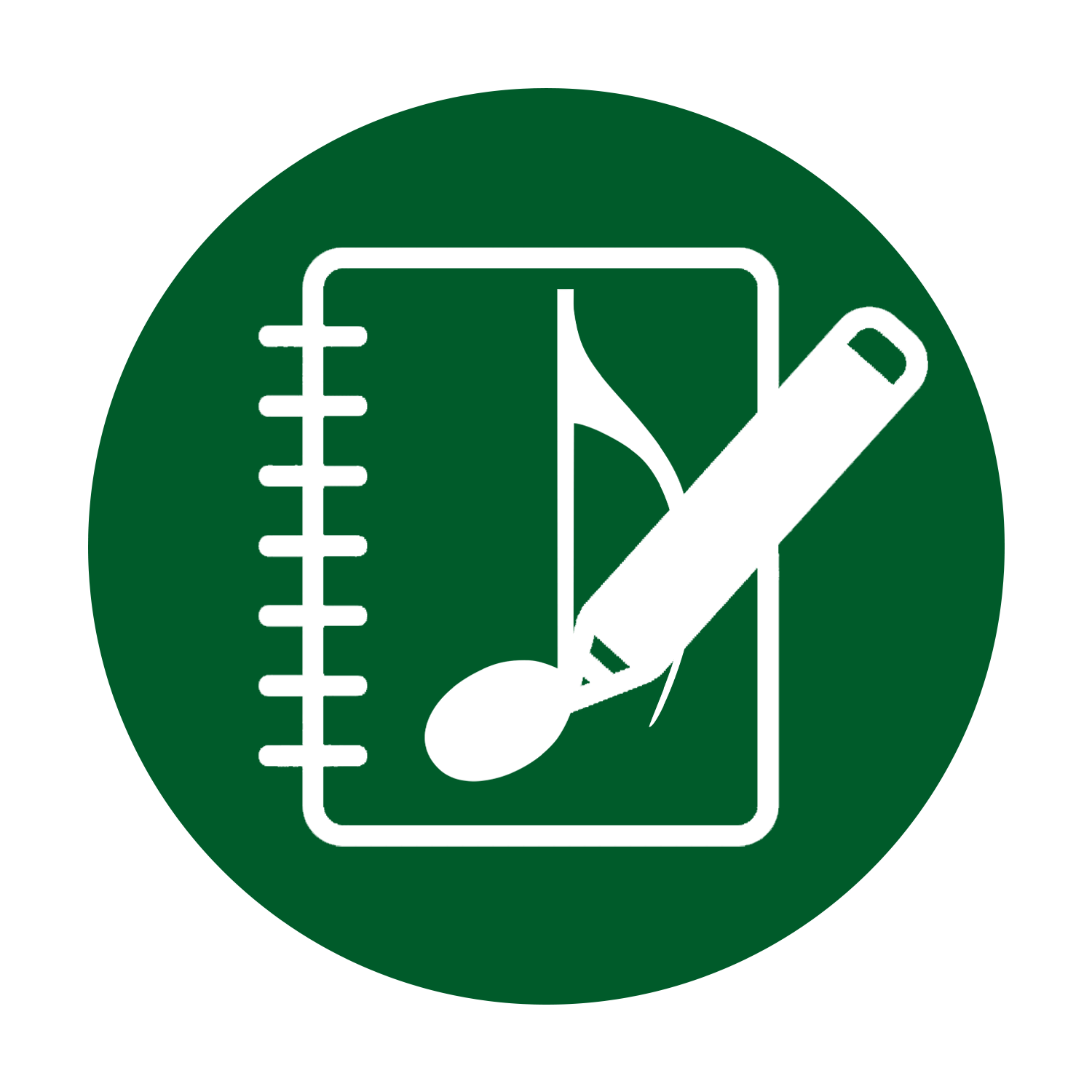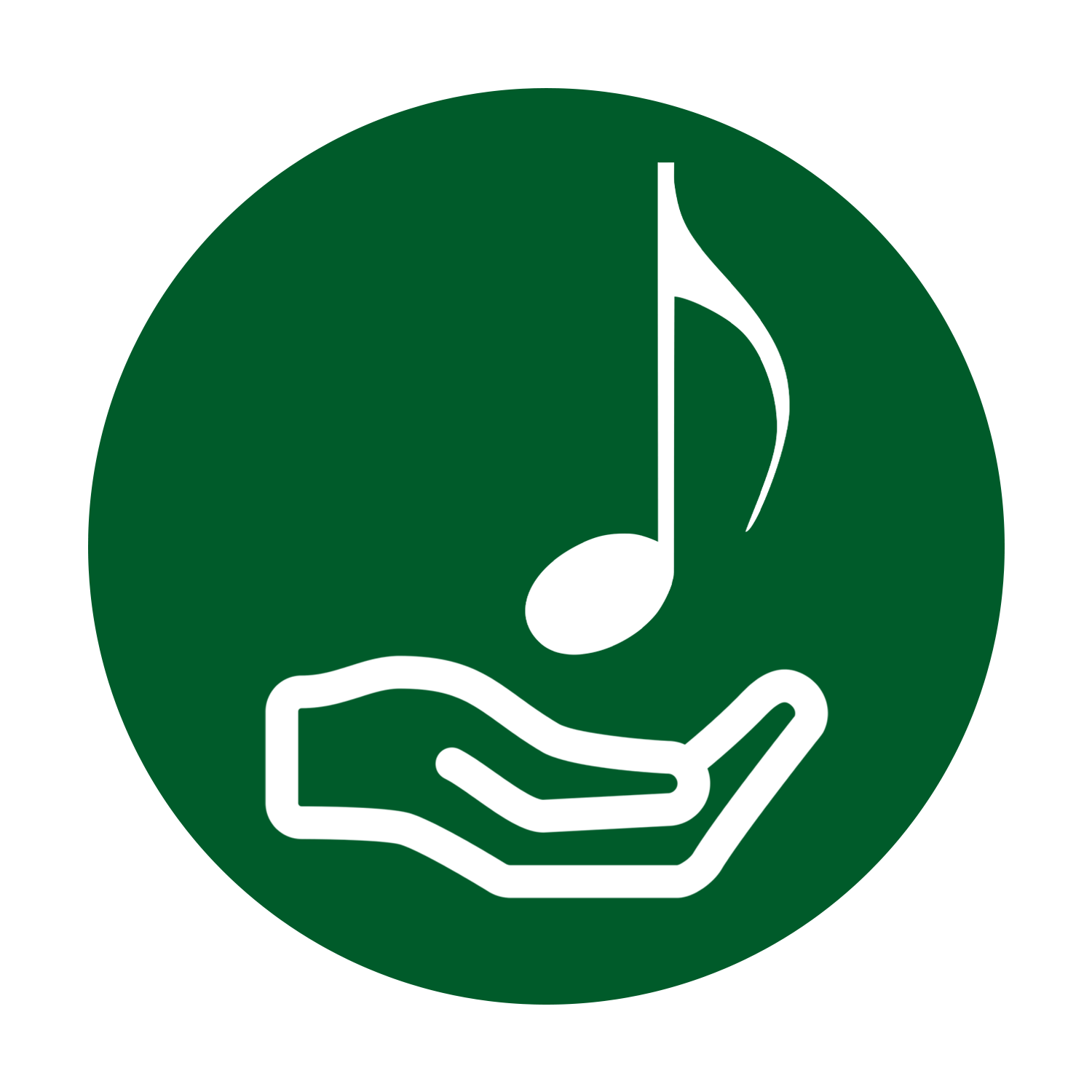Degree Overview
The BA in Critical Studies in Music and Society (BA-CSMS) allows students to design an undergraduate music degree around their career interests in music. The degree is open to students with little to no musical training. An ability to read music notation is not a prerequisite for admission; no audition is required. It welcomes students with strong academic backgrounds and with diverse musical interests, skills, or experiences.
A robust core of twenty-seven hours in ethnomusicology and music history culminates in a capstone research, professional, or creative project. A maximum of fifteen hours of music electives and twenty-seven general electives offers students flexibility to tailor the degree to their career objectives, which might range from business to law, medicine, tech, and beyond. This degree thus trains students to communicate about music across broad and diverse audiences and to conduct the original research necessary to answer the questions facing music industries today.
Hallmarks
TAILORED CAPSTONE

The senior capstone allows the student to pursue an academic or creative project tailored to the academic interests and professional goals of the student with the guidance of a faculty member. It may take the form of a traditional academic thesis or an alternative project such as an internship.
INDIVIDUAL MENTORING

Students meet regularly with a program coordinator and an academic advisor, who guide their choice of electives in keeping with their academic and professional goals. Students also take at least four semesters of the Critical Studies in Music and Society Colloquium (MUCS 3100), a forum in which they can explore different music and arts professions with faculty from across campus and professionals from a variety of music- and arts-related fields.
SMALL SEMINARS

Students take at least two seminars (MUCS 3000), which are capped at twelve students and limited to BA-CSMS majors. Each seminar explores a central question or problem related to music and society, one that the professor and students will explore from a variety of disciplinary perspectives. Possible topics include:
- Music under Capitalism: Histories & Futures
- Histories of Music Production from Printing to Streaming
- Musical Roots and Routes: Cultural Identity, Immigration, and Diasporic Communities
- Music and Race Formation
- Music, Nationalism, and Decolonial Listening
- Music, Climate, and Technology from Beethoven to the Blockchain
- Sounded Divinity: Music in the World's Religions
- Sound, Media, and Virtual Communities
CURRICULUM
120 semester hours, 42 of which must be advanced. Unless otherwise noted, all courses are three hours.
University Core Curriculum (36 hours):
CLICK HERE FOR MORE INFORMATIONForeign Language (12 hours):
Minimum of 12 hours in the same language, including 6 advanced hours.
Music Theory (6 hours):
Option A:
- MUTH 1300 - Exploration in Music I
- MUTH 1350 - Exploration in Music II
Option B:
- MUTH 1400 - Theory I (or credit by exam) (2 hours)
- MUTH 1410 - Aural Skills I (or credit by exam) (1 hour)
- MUTH 1500 - Theory II (or credit by exam) (2 hours)
- MUTH 1510 - Aural Skills II (or credit by exam) (1 hour)
Music History / Ethnomusicology (18 hours):
Required
- MUMH 1610 - Music as Communication
- MUET 3030 - Music Cultures of the World
- MUET 4500 - Introduction to Ethnomusicology
Nine hours selected from (six must be advanced):
- MUAG 4200 - Video Games: Behind the Screens
- MUET 2000 - Global Perspectives on Popular Music
- MUET 3050 - Music of Africa
- MUET 3060 - African-American Music
- MUET 3070 - Studies in Asian Music
- MUET 3080 - Studies in Latin-American Music
- MUET 3090 - Music of India
- MUJS 3400 - Understanding and Appreciating Jazz in U.S. and World History and Culture
- MUMH 2050 - Sounds and Cinema
- MUMH 2060 - History of Rock
- MUMH 3100 - Music, Gender, Sexuality
- MUMH 3200 - Music as Politics
- MUMH 3500 - Music History and Literature to 1750
- MUMH 3510 - Music History and Literature from 1750
Performance (3 hours):
Three hours of MUAC, MUAS, MUEN, MULB, or any combination thereof.
Degree-Specific Courses (9 hours):
- MUCS 3000 - Seminar in Critical Studies in Music and Society
- MUCS 3100 - Critical Studies in Music and Society Colloquium (0 hours; four semesters)
- MUCS 4000 - Senior Capstone in Critical Studies in Music and Society
Music Electives (9-15 hours):
Nine to fifteen hours of electives in music selected in consultation with the program coordinator. Six must be advanced. No more than six hours of electives may be fulfilled by lessons or ensembles (MUAC, MUAS, MUEN, MULB, or any combination thereof). No electives may be used to fulfill the three-hour music performance requirement (see above).
Non-Music Electives (21-27 hours):
Twenty-one to twenty-seven hours of electives outside music selected in consultation with the program coordinator. Fifteen must be advanced.
To apply, visit music.unt.edu/admissions
Possible Career Paths

Law School

Music Business/
Entrepreneurship
(with a Minor in Music Business and Entrepreneurship)

Music Production

Graduate Study in Ethnomusicology, Music Theory, or Musicology
Application Requirements
Applicants to the BA-CSMS should apply to UNT before applying to the College of Music. We begin accepting applications on September 1 of each year. Preference will be given to those received by the first Monday of each December. The following supplemental materials are required and will be uploaded directly to the music application:
- PERSONAL STATEMENT: Describe your academic and musical backgrounds as well as your career goals. What motivated you to apply to the BA-CSMS? Include any additional information that you believe would help us in making our admissions decision. Word limit: 500 words.
- WRITING SAMPLE: An original report, paper, or essay that you wrote for an academic class, preferably in the last year. The writing sample need not concern music.
- CV/RESUME: Should include academic awards, honors, and other achievements; extracurricular activities; community service; work experience: hobbies; and special skills (e.g., fluency in languages other than English).
- 3 RECOMMENDATION LETTERS: Request letters from two recommenders familiar with your academic background. One may be an academic counselor. Your third recommender will be familiar with your extracurricular activities, hobbies, or interests.
A subset of applicants will be invited for a virtual or on-campus interview. Admissions decisions will be based on the applicant's academic record, application materials and interview. For complete information regarding applications to UNT and the College of Music, consult:
• UNT Admissions Information• College of Music Undergraduate Admissions Information

